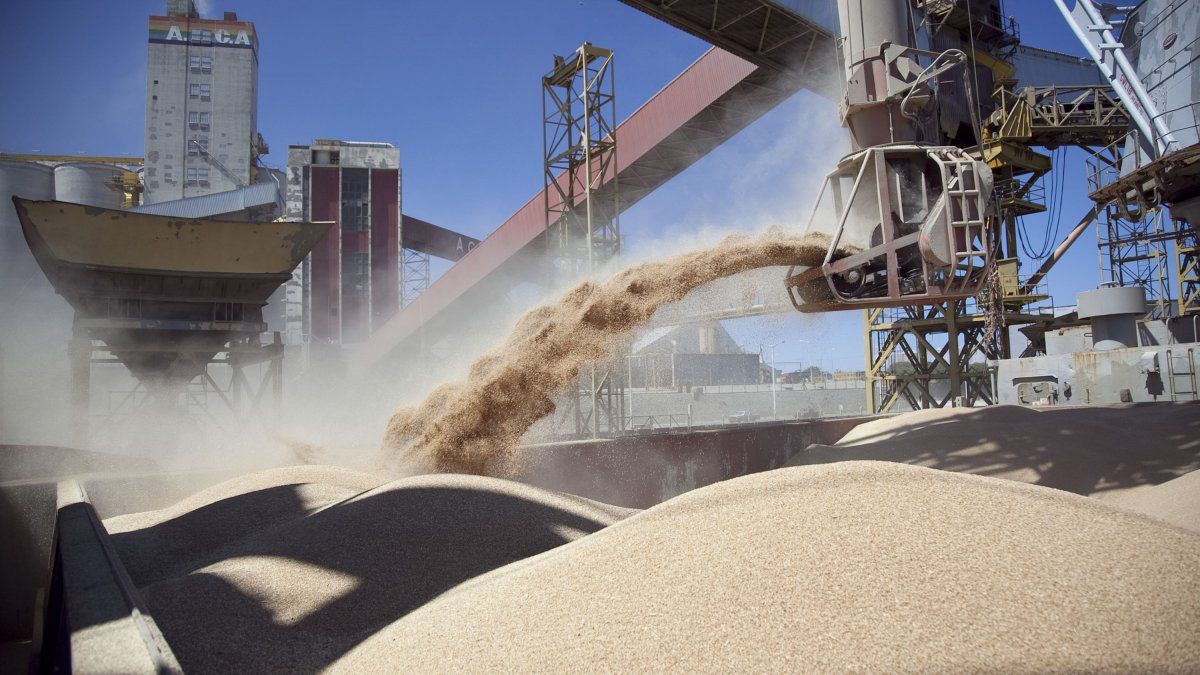“The export of grains has been affected by the negative climatic effects on the thick harvest, as well as the roadblocks and demonstrations by self-organized carriers that prevented the entry of thousands of trucks to the ports,” they justified from the entities, and added : “This deepened the idle capacity of the soybean crushing industry, which continues to work with negative margins even in the middle of the heavy season. In turn, the delays in recovering export VAT are reducing the payment capacity of the export sector.”
The oilseed-cereal complex, including biodiesel and its derivatives, contributed 48% of total Argentine exports last year, according to INDEC data. The country’s main export product is soybean meal (14.2% of the total), which is an industrialized by-product generated by this agro-industrial complex, which currently has a high idle capacity of close to 50%. The second most exported product last year, according to INDEC, was corn (11%) and the third was soybean oil (6.9%).
Response to the Government
A week earlier, the President Alberto Fernandez pointed against the field when pointing out that “they keep 20,000 million dollars and do not liquidate them hoping for a better return when the country needs them”.
His message came at a time when the dollar was soaring. In the same statement, the sector explained its position. “The monthly income of foreign exchange, transformed into pesos, is the mechanism that allows us to continue buying grains from producers at the best possible price. The liquidation of foreign exchange is fundamentally related to the purchase of grains that will later be exported, either in their same state or as processed producers, after an industrial transformation.Most of the foreign exchange income in this sector occurs well in advance of export, anticipation that is around 30 days in the case of grain exports and reaches up to 90 days in the case of the export of oils and protein flours. This anticipation also depends on the time of the campaign and the grain in question, so there are no delays in the liquidation of foreign currency”.
Source: Ambito
David William is a talented author who has made a name for himself in the world of writing. He is a professional author who writes on a wide range of topics, from general interest to opinion news. David is currently working as a writer at 24 hours worlds where he brings his unique perspective and in-depth research to his articles, making them both informative and engaging.




